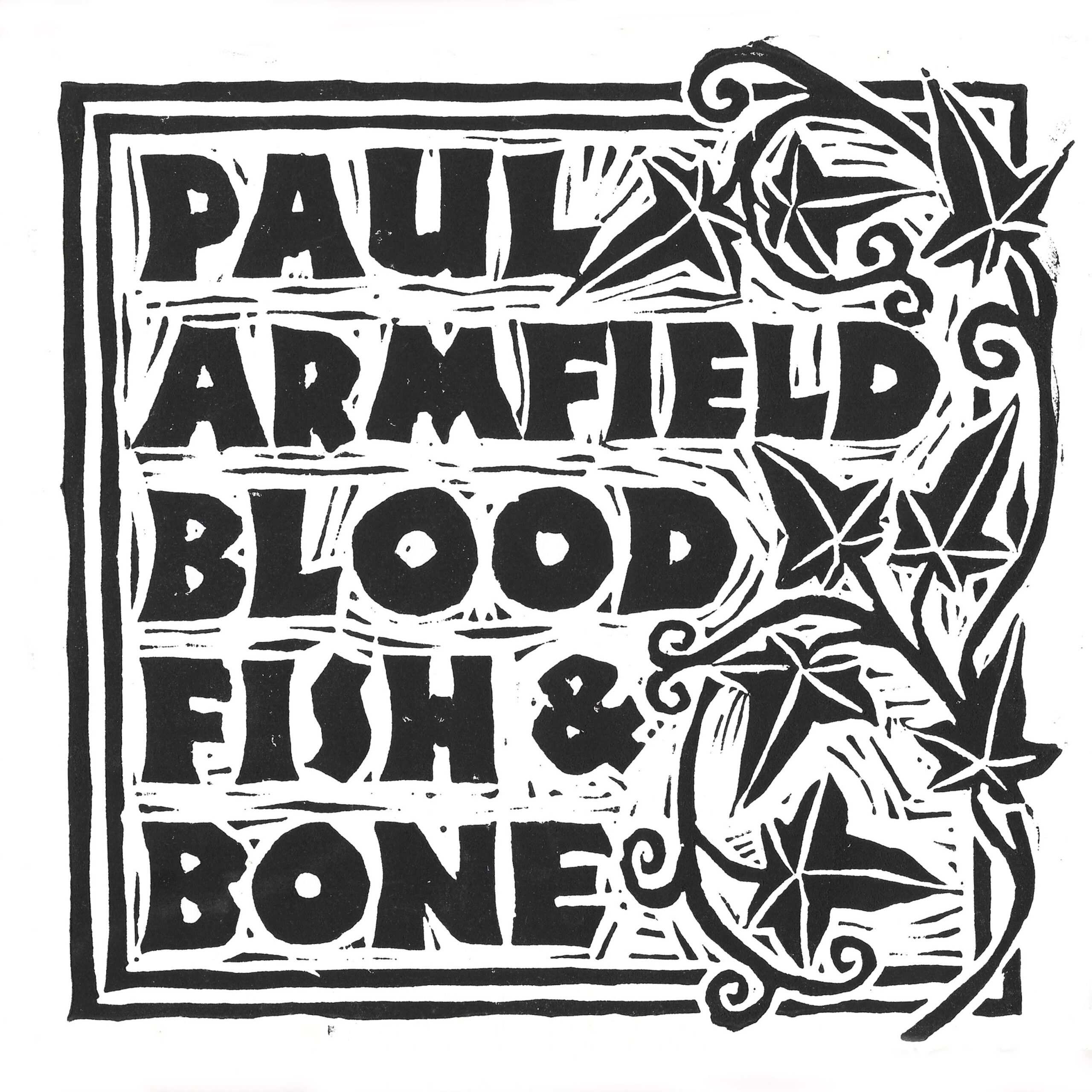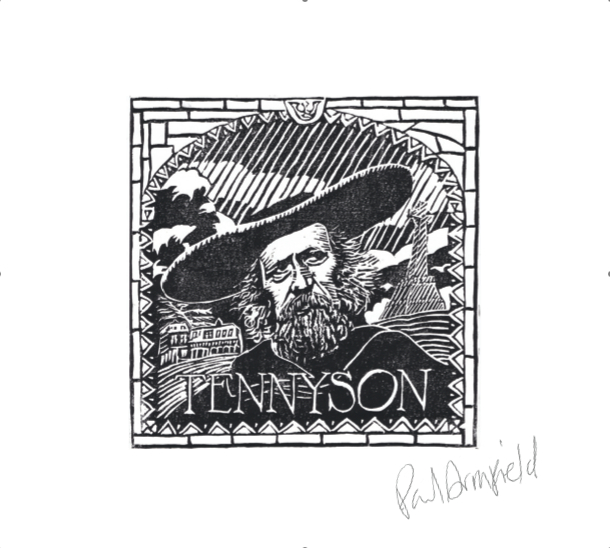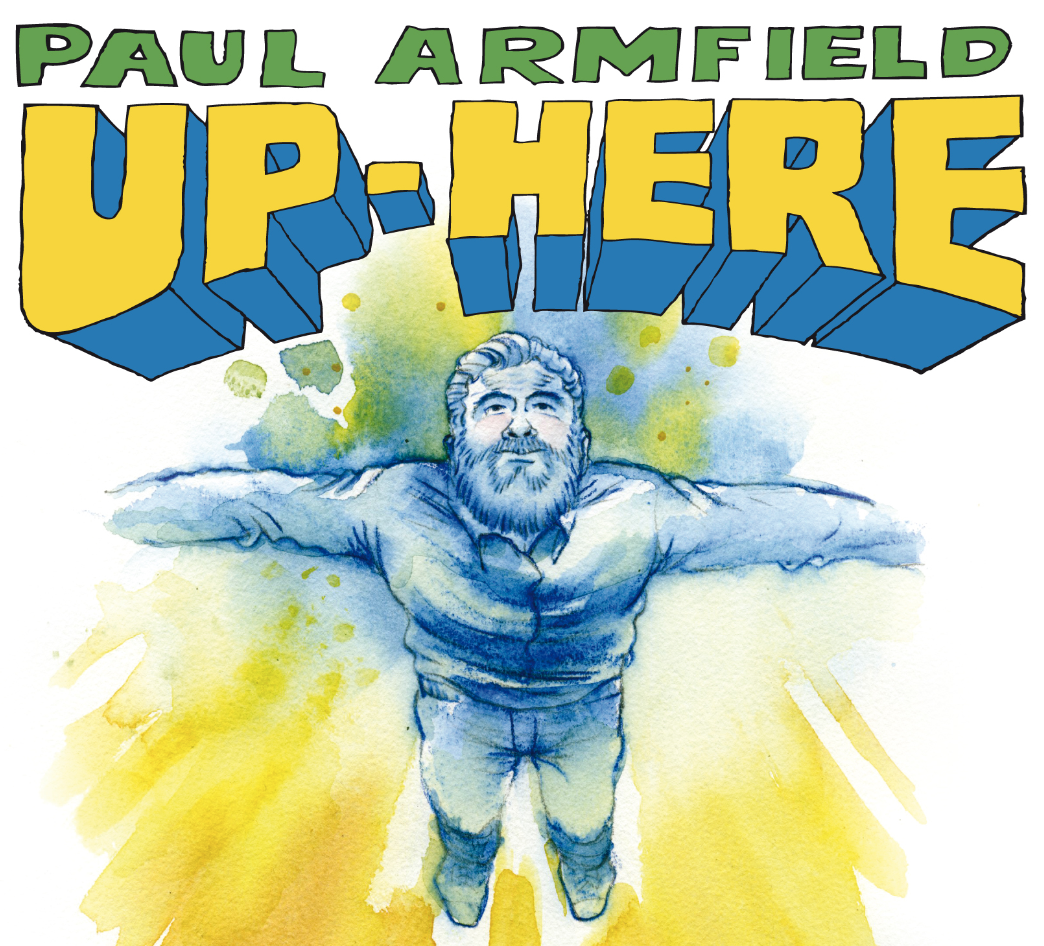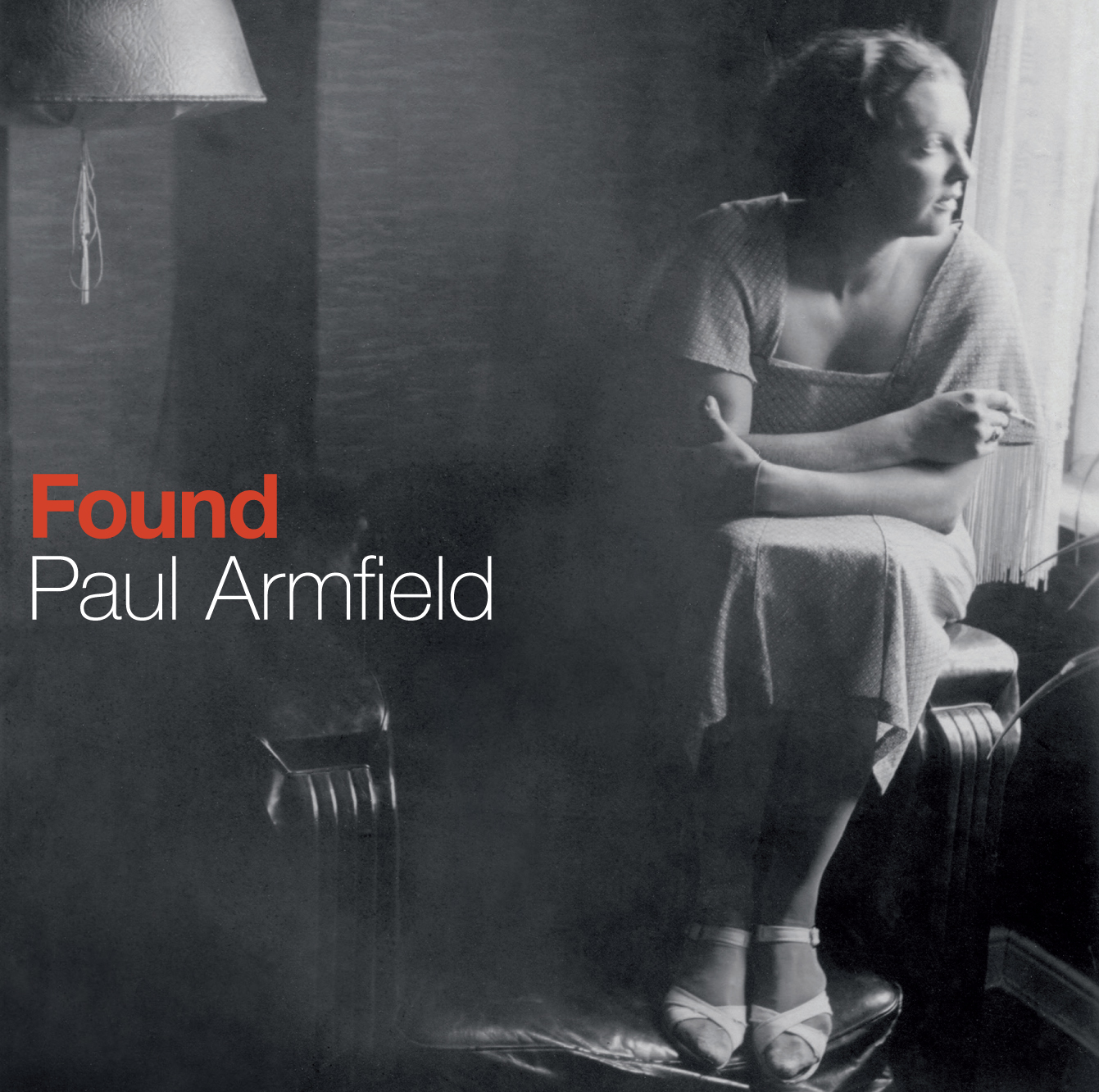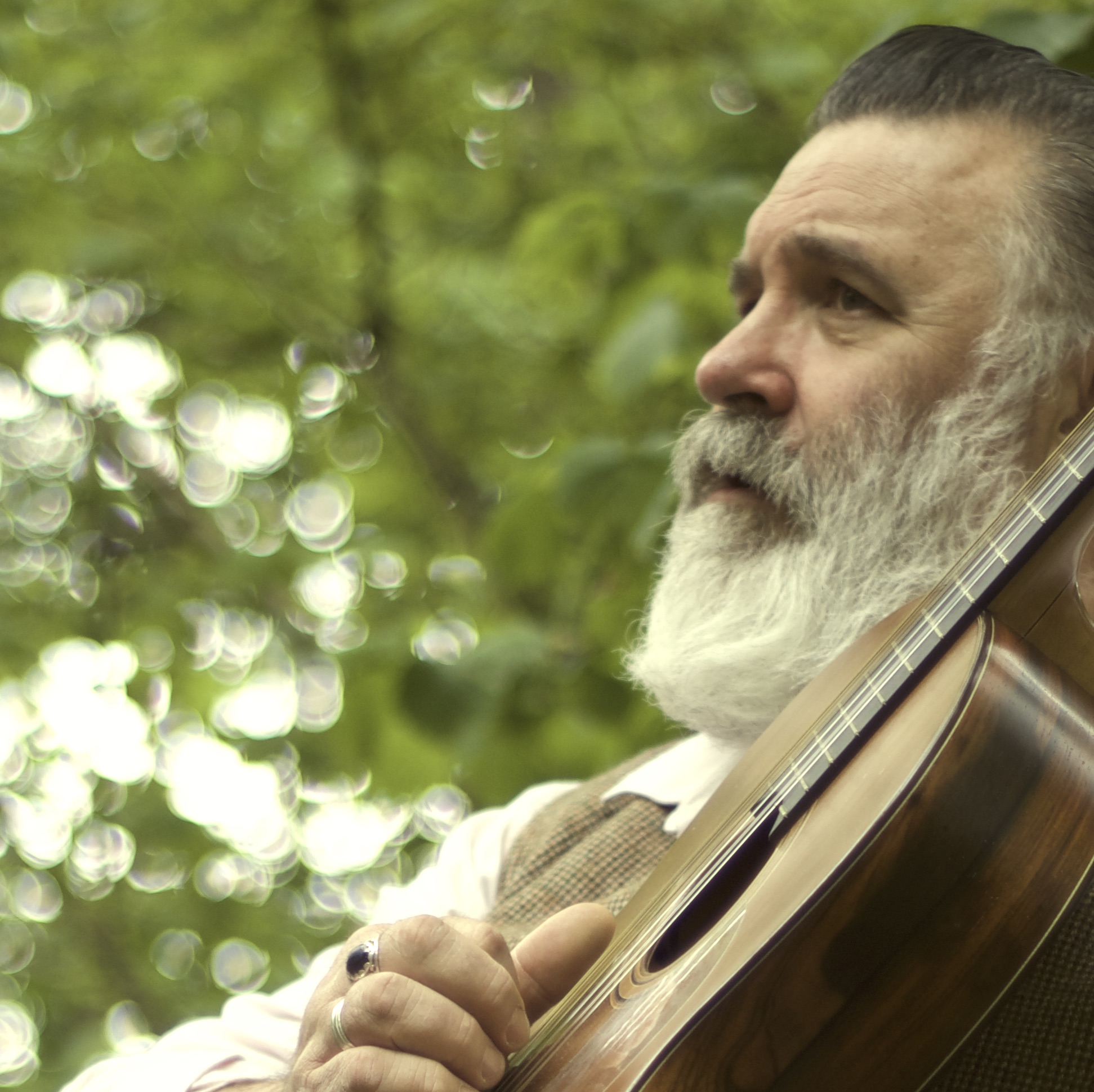LISTEN/DOWNLOAD THE ALBUM HERE
***NEW PROJECT 2024 ‘TREES’***
WHAT?
In early 2023 singer/songwriter Paul Armfield was commissioned by environmental group Gift To Nature to compose a suite of songs about five trees that grow in Sibden Hill, a small but surprisingly diverse copse all but hidden in the middle of a modern housing estate in Shanklin on the Isle of Wight. Paul debuted the songs last May to several small audiences beneath the very trees that inspired them, thereafter, strategically placed QR codes allow visitors to the woods to listen to the songs in situ.
WHEN?
Paul’s solo recordings of the songs have been available exclusively on the Gift To Nature website since last May, but at the end of 2023 Paul commissioned his friend the Norwegian fiddle-playing songstress Mari Persen to arrange and record strings for the songs, the resultant EP will be released on the 14th June both digitally and on CD.
WHY?
Trees are everywhere, by some reckonings there are 422 trees for every person on earth, yet 60% of British adults cannot even identify an oak leaf, and a quarter of us don’t know which tree conkers come from. But that’s not to say we don’t appreciate them; that same recent poll found that 90% of us enjoy being around trees, 58% feel calmer, and 40% feel happier.
So how do we get people to connect more actively and directly with an environment that is obviously so beneficial to our wellbeing? One very good way is through song. For our ancestors singing about trees was literally second nature: ‘Underneath the Spreading Chestnut Tree’, ‘The Ash Grove’, ‘Oak, Ash and Thorn’. Indeed much of our lore and knowledge of trees has been passed down through generations via song: music and rhyme being the sugar-coated mnemonics for knowledge retention (try reciting your ABC). Moreover songs are a perfect springboard to enquiry, great prompts for discussion and the sharing of stories.
IN PAUL’S WORDS
In writing the songs I have endeavoured to explore the role of the trees as experienced both by us and by other animals, whether that be as playground, shelter, habitat or meeting place, signpost, crop or friend. Referencing their legends, lore and mythology, I wanted to give each tree a unique voice in which to tell their story.
The Oak
I read that despite the majority of our oaks being felled to build the British naval fleet, there were still many oaks that were not touched, with wood being imported from elsewhere. It would be nice to think that they were spared the axe because communities appreciated their beauty and maybe had sentimental associations with them as places of shelter, places to meet. The song’s refrain ‘Oh woodsman won’t you please lay down your axe’ was inspired by the wonderful poem ‘The Talking Oak’ by former IOW resident Alfred Lord Tennyson which includes the line:
‘May never saw dismember thee,
Nor wielded axe disjoint’
And when I plead at the end of each chorus to be buried ‘…with an acorn in each hand’, this comes from the Romany tradition of interring deceased children this way.
There are two main types of oak in the UK, sessile and pedunculate, wonderful words that I was keen to include… somehow!
The Beech Tree
I was surprised to discover that the trees of the forest have a hierarchy, the king is of course the oak, and the queen is the beech.
The word ‘book’ is derived from the word ‘beech’, as the first runic inscriptions were made on thin slivers of its wood, indeed the beech is the favoured tree for lovers to carve their initials and there are several arborglyphs to be found in the wood at Sibden Hill, they can last many decades, growing bigger and fainter. Elsewhere on the beech trees there are often many naturally appearing ‘eyes’ looking down on this early form of graffiti. I have written the song as if the beech tree bears witness to whole life stories as they are lived out beneath its branches as if written in a book. (Please don’t carve into trees, like cuts on your own flesh, they can be prone to infection and potentially harmful to the tree.)
The Hazel Tree
A part of the wood is what’s known as standard and coppice, the standards being the oaks and beech trees and in amongst them the hazel for coppicing, with their many trunks that would be cut every 7 years for hurdles, walking sticks, fences etc. The ‘hazel dormouse’ seems oddly named: though it loves hazelnuts, these don’t become edible until Nutting Day, the 14th September, barely in time for the dormouse to eat it’s fill before going into hibernation, it seems a long wait for its favourite food. The song takes the form of an altercation between the impatient dormouse and the hazel tree, I’d just finished reading Simon Armitage’s recent translation of the 12th century poem ‘The Owl and The Nightingale’, an hilarious exchange of insults which undoubtedly inspired this.
The Silver Birch
Tennyson pops his head up again; he was the first to describe this particular species of birch as ‘silver’.
I tried to encapsulate much of the lore and old wives’ tales associated with this ‘Lady Of The Woods’, It is the tree of healing and renewal and is often the first to appear on cleared land. On some of the trees on Sibden Hill there was quite a lot of lichen and I’ve tried to evoke that subtle contrast of colours, the pale green turquoise against the pale grey bark; this abundance of lichen signifies clean air, not surprisingly as the prevailing winds blow directly to Shanklin from across the Atlantic, for me it’s presence accentuates the associations of purity already connected to the tree and lends it an almost sanctified air. I reference a wonderful poem ‘Birches’ by Robert Frost in which he reminisces climbing and swinging from them as a child.
The Crab Apple Tree
Shakespeare famously wrote in Romeo and Juliet that ‘A rose by any other name would smell as sweet’. Surprisingly the often crooked and gnarly crab apple is a member of the rose family, and to smell its blossom is confirmation of this, yet it is known by a number of regional names, all of which confirm its reputation as an ugly tree, names such as ‘scrab’, ‘bittersgall’, ‘gribble’ and ‘scrogg’. This particularly ‘broken’ specimen seems to have an indomitable spirit, despite its ugliness and unpalatable fruit it is still somehow defiantly beautiful. They are often alone on the edges of woodland, leading the famed naturalist Oliver Rackham to describe them, somewhat brilliantly as ‘anti-gregarious’.
LISTEN/DOWNLOAD THE ALBUM HERE
Biography
After a few years in revolutionary eastern Europe, Paul Armfield returned to his beloved Isle of Wight in the early 90’s to get married, have children, sell books and write songs. His first album Songs Without Words was released in 2003 to wide critical acclaim, his voice being compared to the likes of Cat Stevens, Tim Hardin and Nick Drake and the music being described as Folk Noir, leading to various associations and collaborations with the likes of Tindersticks and Lambchop. A big fan of Scott Walker Paul was likewise applauded for his renditions of Jacques Brel chansons as well as his own lovelorn, poetic songs.
Running a bookstore by day Paul nevertheless managed to release six more albums including an album of Tennyson’s Poetry set to music, 2013’s ‘Up Here’ which found fans such as Lauren Laverne and Caitlin Moran, and 2015’s ‘Found’: a selection of songs written around a collection of photographs gathered from the flea markets of Berlin; Radio Eins declared it ‘The best Berlin album of all time’.
With a strong fan-base on the continent, Paul’s 7th album ‘Domestic’ was recorded in Germany with a pan European cast of musicians and explored the concept of ‘home’, be it the house you live or the country you grew up in. Foreshadowing Brexit and the subsequent pandemic, the album was a crowd-funded success and became a firm favourite of Mark Radcliffe.
2024 sees Paul releasing an EP of songs about trees as well as a single Night Thoughts/I’m Here later in the year to coincide with Men’s Mental Health Day.
Although seldom found on UK stages, now in his mid 50s Paul is a veteran performer with a warm, relaxed stage presence. A songwriter’s songwriter, he has picked up plaudits from the likes of Guy Garvey and Chris Difford. Still selling books by day he is also an occasional funeral celebrant, a lino-cut artist, and a double bassist whose playing can be heard on the best-selling Michael Kiwanuka single ‘I’m Getting Ready’ as well as collaborations with jazz pianist Greg Foat. An accomplished musical-saw player, he has a busking alter-ego called the Stranger On The Saw.
Press
‘A buried treasure…heir to deathless troubadours such as Tim Hardin’ Gavin Martin in The Mirror
‘Everything about Up Here is exceptional. Breathtaking’ Simon Holland on Folk Radio
‘Uncompromising, elegiac, but staunchly non-sentimental’ Nigel Williamson in Uncut
‘Gorgeous..beautiful, positive and amazing. Ace!’ Lauren Laverne BBC 6 Music
‘Exquisite, extraordinary, almost unbearably beautiful’ James McNair in Mojo
‘A lovely lyric, a spellbinding song. This is really beautiful’ Guy Garvey
‘Heartbreakingly beautiful. An Album to be treasured’ Electric Ghost
‘A voice that could make the Needles crumble’ The Word magazine
‘Spooky, affecting folkish singer-songwriterliness’ Time Out
‘As toasty and lovely as Christmas morning’ Caitlin Moran
‘A Perfect example of English songwriting’ Maverick
‘Lovely, lovelorn songs’ Nigel Williamson in Uncut
‘An incredible collection of songs’ iD magazine
‘A solitary, treasured jewel’ Fresh Deer Meat
’Distinctively amazing’ Rudimental
‘A revelation’ The Scotsman
Discography
Pictures
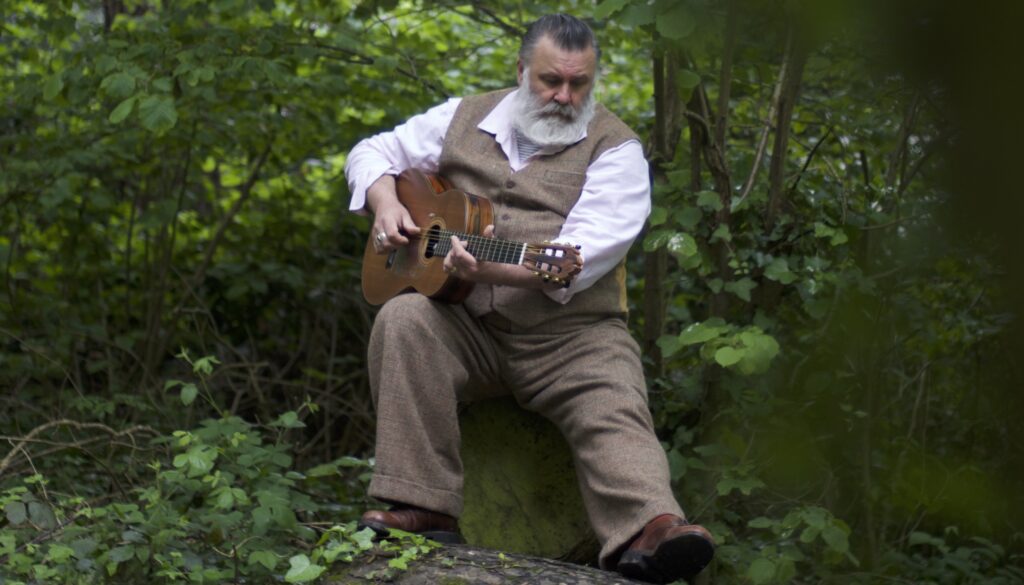
Click on picture for full res image (all photos to be credited to Alice Armfield)
-
Recent Posts
-
Archives
- April 2025
- November 2024
- June 2024
- January 2024
- August 2023
- March 2022
- January 2022
- August 2020
- June 2020
- April 2020
- February 2020
- September 2019
- August 2019
- July 2019
- August 2017
- July 2016
- January 2016
- October 2015
- August 2015
- June 2015
- April 2015
- March 2015
- January 2015
- November 2014
- October 2014
- September 2014
- March 2014
- January 2014
- December 2013
- July 2013
- June 2013
- April 2013
- January 2013
- May 2012
- March 2012
- February 2012
- January 2012
- September 2011
- August 2011
- April 2011
- March 2011
- December 2010
- August 2010
- June 2010
- April 2010
- March 2010
- February 2010
- January 2010
- December 2009
- October 2009
-
Meta




